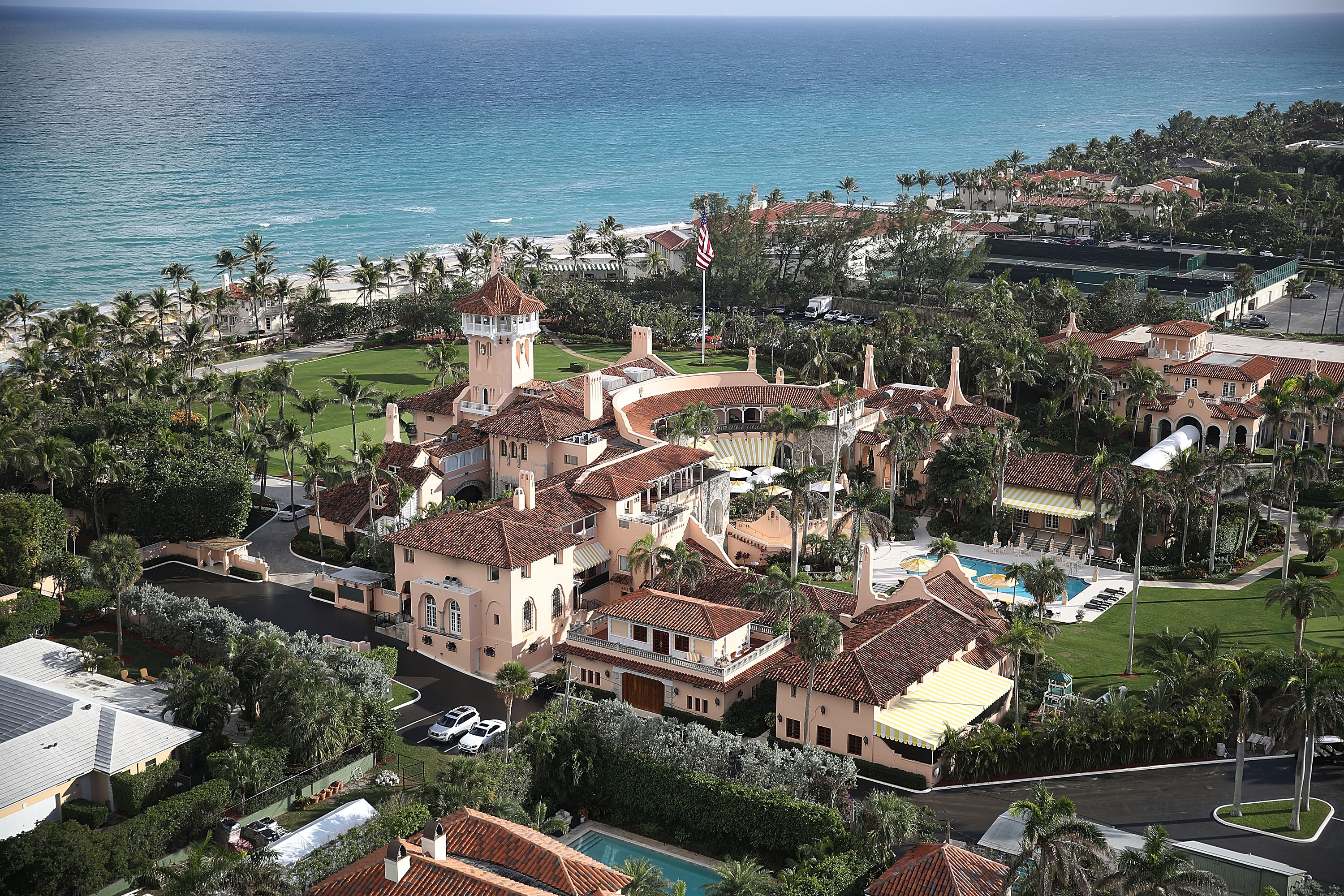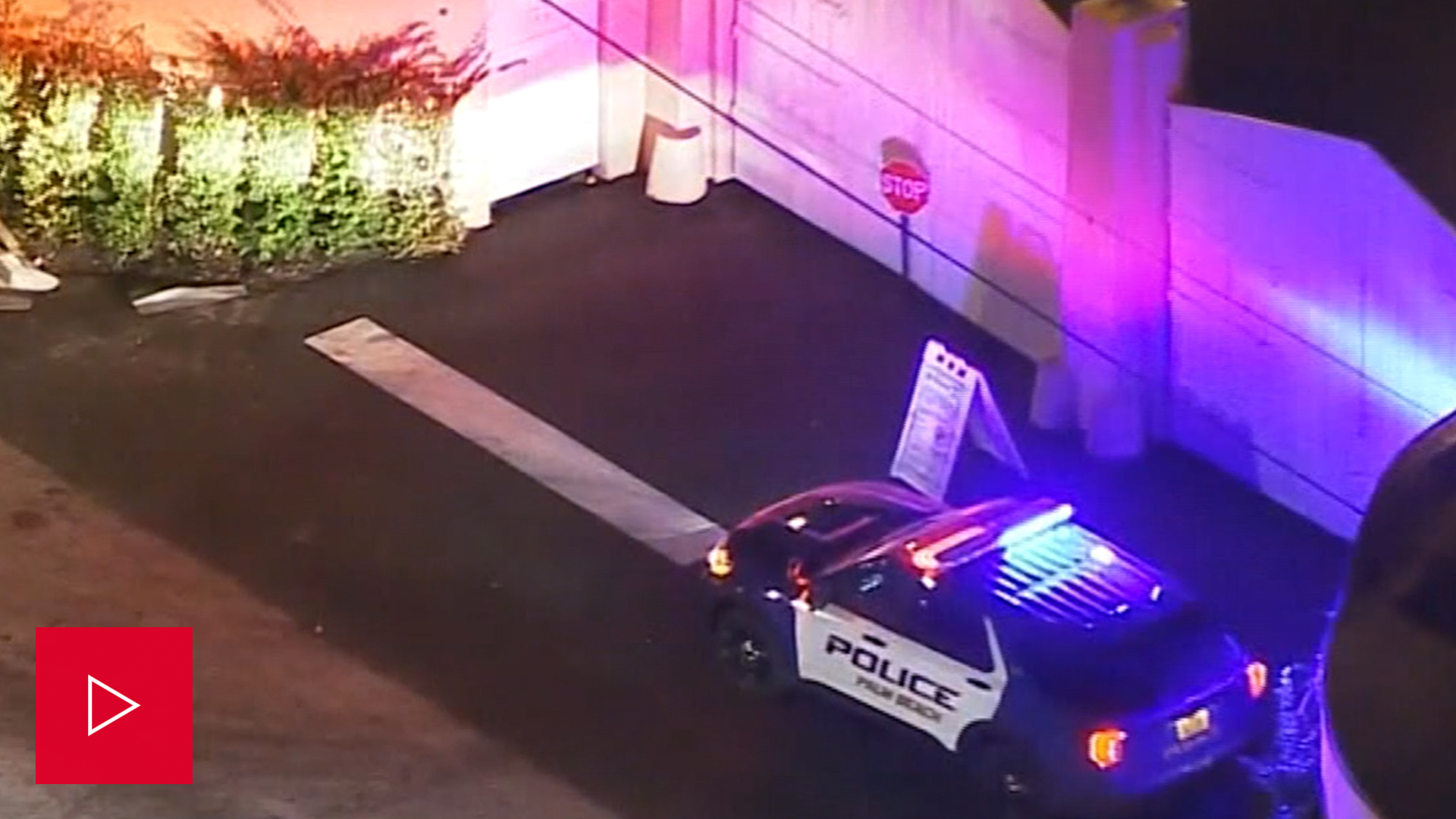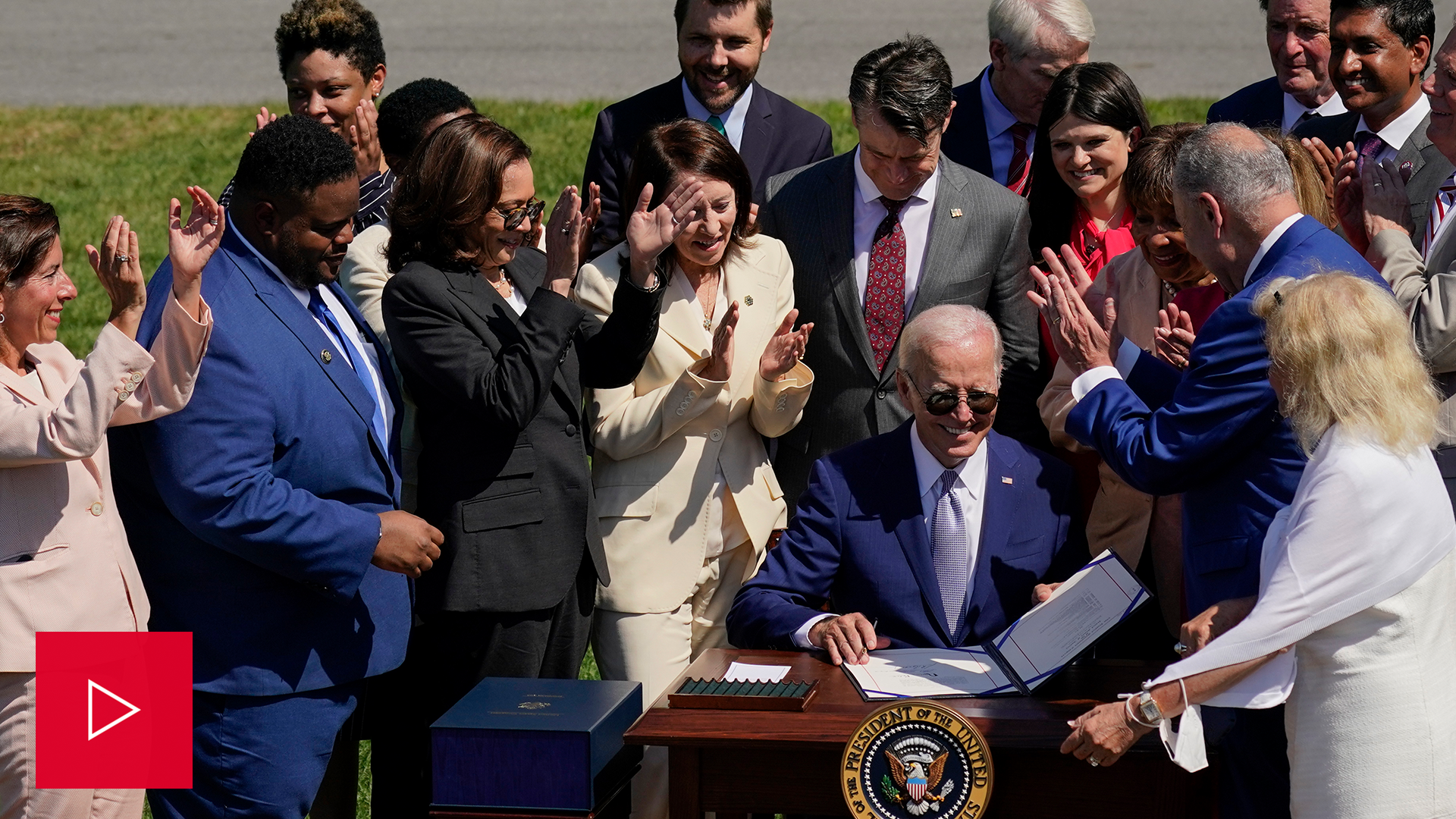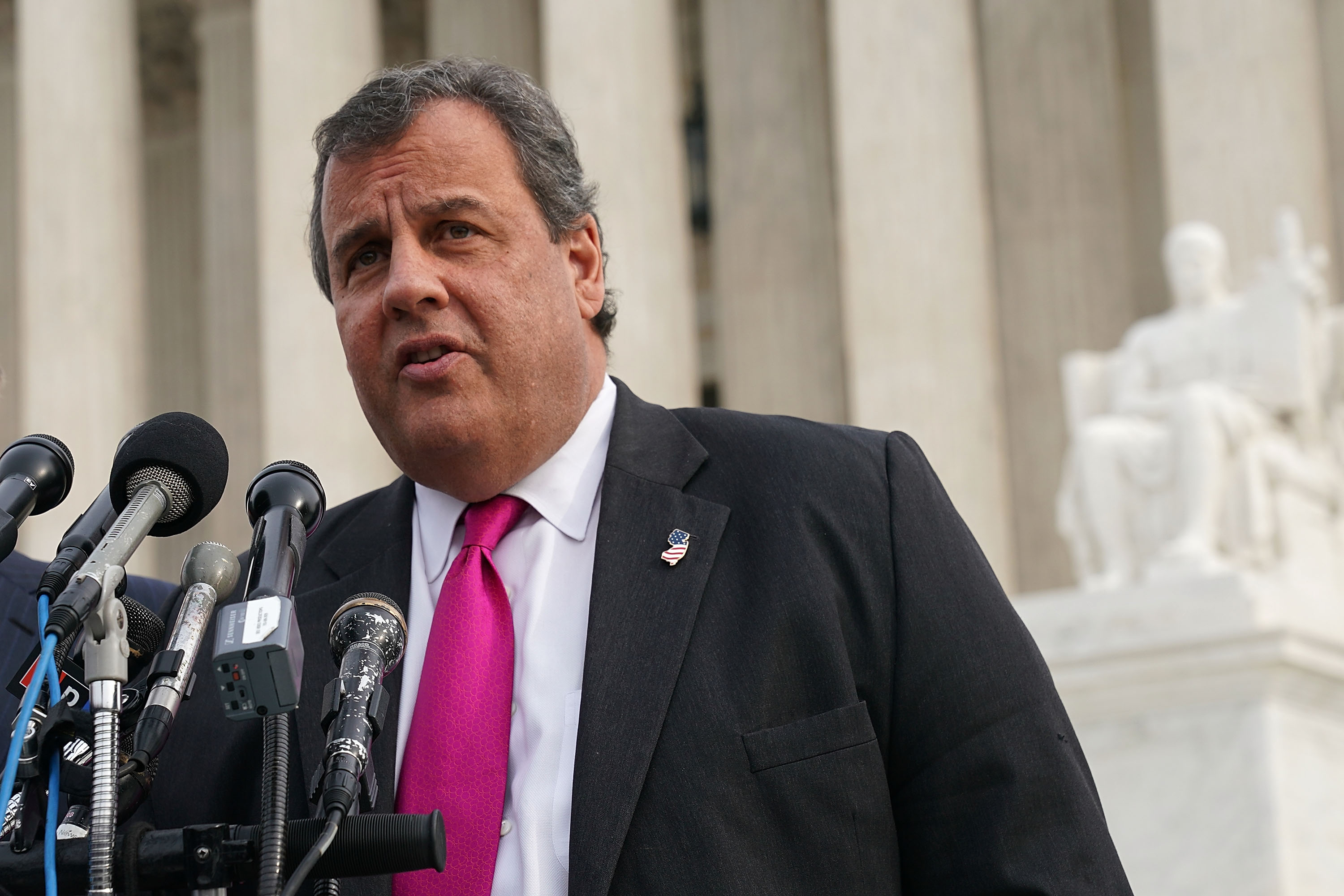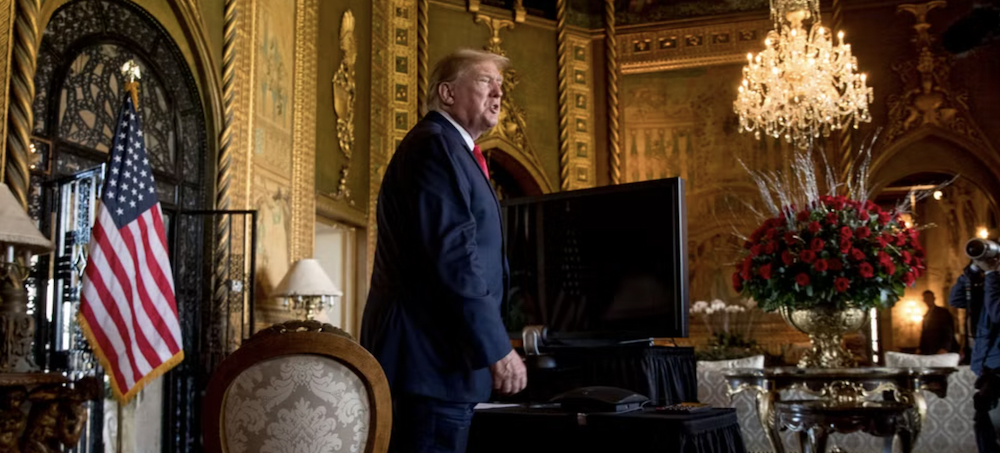
09 August 22
Live on the homepage now!
Reader Supported News
WE SURVIVE BY AVOIDING VERY BAD FUNDRAISING DAYS — We don’t have good fundraising days anymore, they almost never happen at this stage. Our fundraising strategy instead has become focused on finding a way to avoid very bad fundraising days. Be aware that what amounts to nominal support will prevent a very bad fundraising day. It’s a pretty achievable standard. Just say no to failure.
Marc Ash • Founder, Reader Supported News
Sure, I'll make a donation!
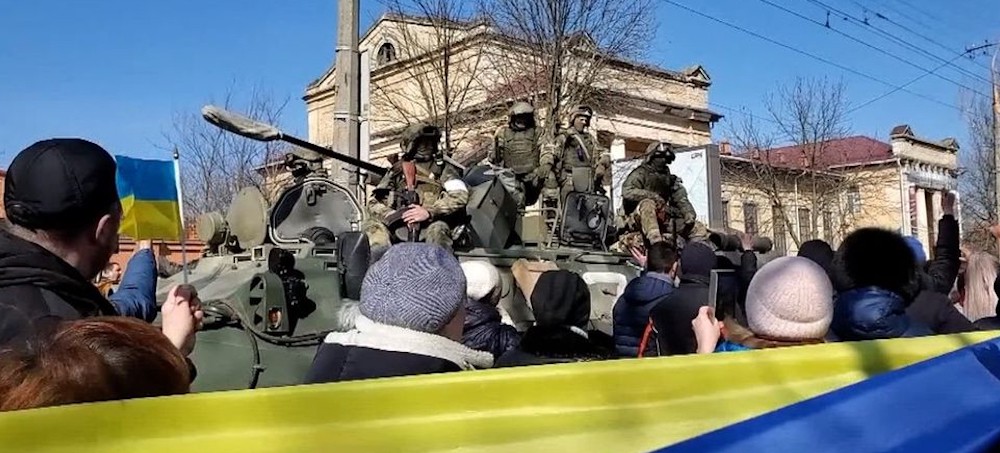
FOCUS | Inside the City of the Damned: What's Going On in Putin Occupied Kherson Has Been Hidden From the World.
David Patrikarakos, The Daily Mail
Patrikarakos writes: "A cloud of thick smoke hangs over the occupied city of Kherson in Ukraine. Its very stench is evidence of Russian war crimes, on a scale almost too sickening to contemplate."
Acloud of thick smoke hangs over the occupied city of Kherson in Ukraine. Its very stench is evidence of Russian war crimes, on a scale almost too sickening to contemplate.
The smoke comes from mobile incinerators that are running night and day. Vladimir Putin's paranoid soldiers are burning the corpses of Ukrainian citizens tortured and murdered on suspicion of helping the resistance.
And they are dispatching the bodies of their own comrades too — hundreds of them. The Russians are killed by the constant pounding of Ukrainian shells from artillery placements surrounding the city and by highly organised, secret units of freedom fighters.
They are even killed by gangs of youths armed with knives who set upon drunken Russians and stab them.
The incinerators fill Kherson with the reek of charred flesh. There is no mistaking the smell and it adds to the pervasive sense of horror in this Black Sea port. It is a living hell.
I am in contact with pro-democracy activists inside the city who have managed — for the first time since the start of the occupation — to get information out, describing the situation as it deteriorates daily, so that the world can finally have some idea of their plight.
To identify my sources in any way would be to condemn them to certain death. All I can say is that this information is reliable and comes from Kherson residents fiercely opposed to Russian occupation, who are risking everything to reveal the truth.
They say many of the Russian troops are drunk all of the time.
Arms, ammunition, kit and even food are in short supply for Putin's blundering army — but vodka is always available in abundance.
These soldiers are rounded up from the poorest regions of Putin's empire, far away from St Petersburg and Moscow. No one in the main cities wants to have their sons sent to be butchered in occupied territory.
Instead, bribes are often offered in rural districts, where conditions are little different from the world of Tolstoy's peasants. Many people are illiterate and generally ignorant of international news. They live largely without sanitation, in poverty and disease.
These families don't want to send their young men to war either. But they cannot afford to refuse the government payouts.
And consequently, men from these regions are treated by the Kremlin as utterly disposable, lives without worth. Yet still, to return them to their villages in bodybags would be considered a military embarrassment — as well as an unwarranted expense — and so their remains are simply incinerated. Worthless in life, worthless in death.
When the Russians first occupied places such as Bucha, outside Kyiv, they were almost apologetic to Ukrainian citizens. On a 'special military operation' they'd been told would be over soon, these young men didn't really want to be there. In an odd way, the invaders were almost pathetically friendly.
But then their comrades started to die. And the mood changed.
Now in Kherson, Russians are hunted by snipers, ambushed and bombed. Thanks to consignments of Western arms, the Armed Forces of Ukraine (AFU) has the power to inflict serious damage.
The weapon the Russians fear most is the M142 High Mobility Artillery Rocket System (HIMARS), supplied by the U.S. and capable of firing barrages of missiles from the back of an armoured lorry. Both manoeuvrable and lethally accurate, these rocket launchers are effectively unstoppable. They can wipe out an ammunition dump or a column of tanks in one hit.
I'm told that many of the rural Russian soldiers, who have never encountered such advanced military technology, are petrified: 'They talk of the HIMARS almost as children do of dragons.'
The Ukrainians are exploiting this advantage. The last consignment of American HIMARS missiles was expected to sustain the AFU for a month. But they blazed off the whole lot in three days — and with devastating effects.
At the other end of the fightback are the insurgent youths, ambushing Russians with their daggers. Ukraine's government does not want to admit this is happening, perhaps because it exposes how desperate the defence has become. But the Russians will not acknowledge it either, because they are ashamed by the damage these youngsters are inflicting.
Groups with knives, sometimes a handful and sometimes a marauding gang, attack Russians wherever they can — slashing them, stabbing them, cutting their throats if they get the chance.
Their fury reflects the hatred of ordinary Ukranians for the invaders. Putin's continued pretence that people in the coastal cities have welcomed his army as liberators could not be further from the truth.
At the outset of the war, last February, some older Ukrainians with rose-tinted nostalgia for the Soviet Union did have sympathy for the Russian cause. But not any more.
The barbaric obliteration of Mariupol stunned people of all ages. It was unforgivable. Above all, it convinced Ukrainians who were in any doubt that the Kremlin would stop at nothing to conquer their land — even genocide.
Some older children will understand a little of the complex politics and history involved. But all of them know what squads of drunken Russians are doing to their parents' homes.
On the pretence of rooting out resistance cells, the soldiers break down doors and march into houses at any hour. They torture and rape the inhabitants, and kill them. Property is destroyed or looted.
These are not isolated incidents. It is going on all over Kherson — every day, every night. The anger this unleashes in all the inhabitants, including the very youngest, is palpable.
When shells fired from outside the city by the AFU hit residential areas, people don't resent it. To some, for whom the daily evil has become unbearable, death by collateral damage is a price well worth paying.
Special hatred is reserved for collaborators, those who assist the Russians. They are killed by the resistance, but not before their death sentence has been publicly proclaimed.
Photocopied leaflets, printed in secret, are distributed throughout the city. Faces of suspected collaborators are reproduced from grainy photographs, and their names exposed.
The last hours for those condemned must be sheer terror. Sophisticated car bombs have been used to carry out the executions — effective, dramatic and a potent statement of how well-trained and organised the resistance has become.
The latest batch of leaflets showed not only faces of collaborators but maps of Kherson, highlighting the advances of the AFU — armed with 'dragon' missiles — in a bid to demoralise the Russians and any traitors.
To outsiders, it might seem difficult to understand why anyone would want to collaborate with the thuggish occupiers of this city.
But life in war is never simple. Kremlin high command has ordered that residents must have Russian passports and papers, or face punitive restrictions. To keep their jobs, access healthcare or simply to avoid being arrested as they queue for food in the street, some people will feel they have no choice but to comply.
In the neighbouring city of Mykolaiv, still under Ukrainian control, Russian strikes have cut off the water supply.
This is a city of almost half a million people, the size of Liverpool, and it has no running water. Thankfully, the government is able to send in tankers of drinking water, and people queue for hours each day with plastic bottles to collect their ration.
But if the Russians were to cut off the water in Kherson, the AFU could not get in. The city would die of thirst.
Nonetheless, both sides now live in constant terror of what their enemy will do.
The Russians know they have only the most precarious hold on Kherson and will probably be driven out in the end, whether that takes weeks or years. Ukrainian surrender is never going to happen.
That is why Putin's soldiers are using incinerators. Mass graves leave behind evidence of war crimes. By burning the bodies, they destroy the evidence.
British defence secretary Ben Wallace warned back in February, before the invasion, that this could be Russia's unofficial policy. The Ministry of Defence released footage of a mobile crematorium, mounted on a lorry and capable of 'evaporating' corpses, to use the terminology of the MoD.
These lorries are built by a St Petersburg company called Tourmaline, whose website claims they are for the destruction of hazardous biological waste.
'It's a very chilling side effect,' said Mr Wallace, 'of how the Russians view their forces.
'Being a soldier, knowing that trundling behind you is a way to evaporate you if you are killed in battle probably says everything you need to know about the Russian regime.'
But, of course, it is not just Russian bodies being burned. And how many of these lorries are now in Kherson, my sources cannot say. But there are certainly enough to create a perpetual smog over the city.
Even working 24-hours-a-day, the incinerators might not be able to dispose of all the dead. When the Russians retreated from the town of Bucha in April, a mass grave of hundreds of bodies was discovered. Many of the dead had their hands bound behind their backs, and scores had been tortured.
Not all the victims of civilian slaughter were buried. Troops left hundreds more strewn in the streets. Photographs of the carnage provoked a worldwide outcry. But even those hideous scenes could not compare with the aftermath of the destruction of Mariupol in March. Satellite photographs showed trenches that could conceal an estimated 9,000 bodies. Witnesses said the dead were buried in layers, across an area the size of three football pitches.
When Kherson is finally liberated, who knows what fresh horrors we will uncover.
However the Russians try to disguise it, this is mass murder of civilians on a scale not seen in Europe since World War II.
Britain has proved one of Ukraine's most stalwart allies throughout this war, both by offering shelter to refugees at home and supplying weapons abroad.
Boris Johnson has been hailed by Ukrainian President Volodymyr Zelensky for his 'leadership and charisma' and thanked for his support 'from the first day of the Russian terror'.
READ MORE
Special Coverage: Ukraine, A Historic Resistance
READ MORE
Contribute to RSN
Follow us on facebook and twitter!
Update My Monthly Donation
PO Box 2043 / Citrus Heights, CA 95611
 The Federal Reserve recently released its 2021 Annual Report. We decided to peruse its wonky pages. We came upon a passage that gave us pause. It read:
The Federal Reserve recently released its 2021 Annual Report. We decided to peruse its wonky pages. We came upon a passage that gave us pause. It read:
